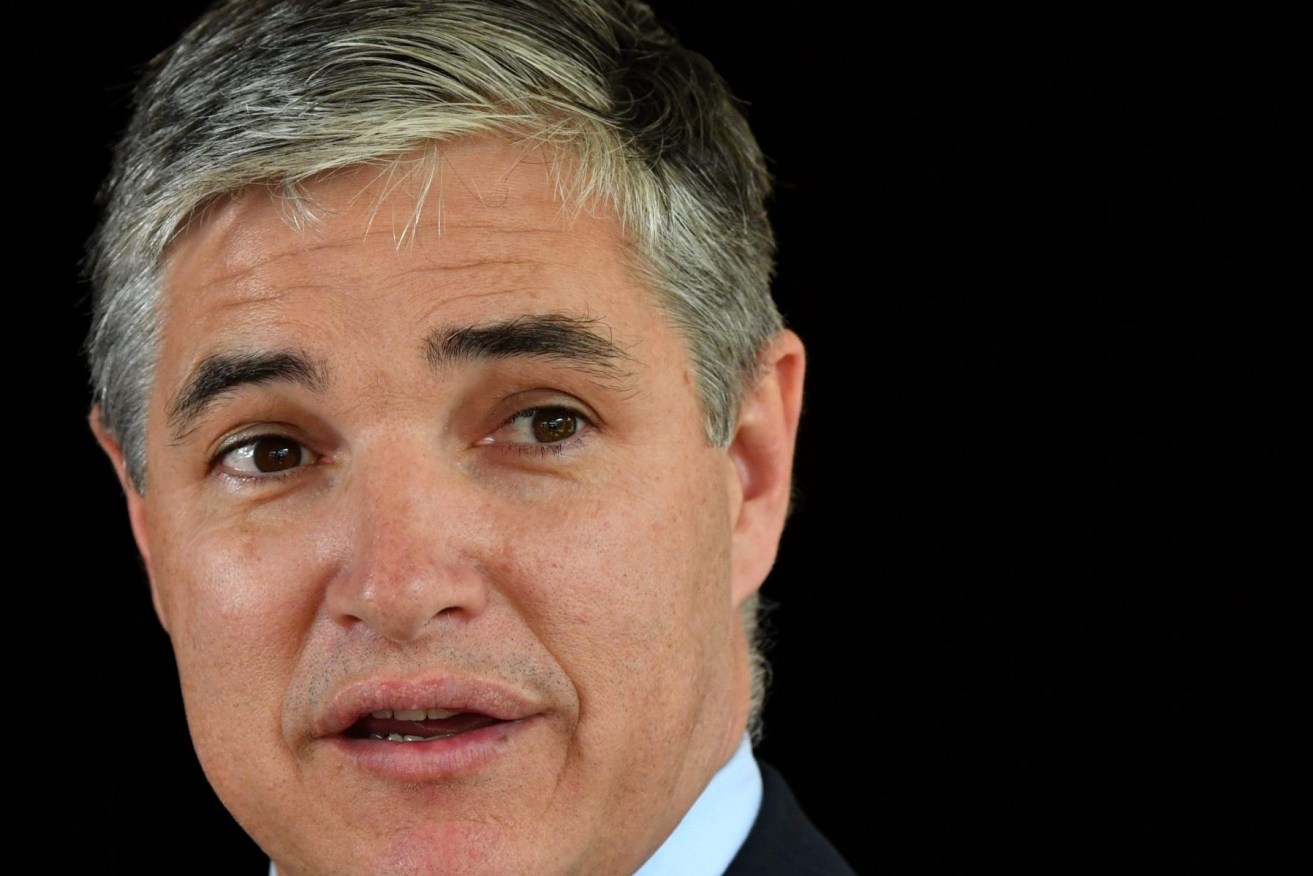Katter’s ‘journalism rescue plan’ a band-aid for ailing rural media
Job losses in regional media have prompted a “journalism rescue plan” from Katter’s Australian Party, which blames government inaction and private sector callousness for the industry’s decline.

Katter's Australian Party Queensland leader Robbie Katter. (Photo: AAP Image/Darren England)
KAP Leader Robbie Katter said the plan aims to secure state and federal government support for regional journalists, photographers and camera operators affected by the industry’s volatility in Queensland.
He says journalists in regional areas were being left jobless in a once-thriving industry and rural and regional residents, unable to access local and reliable news content, would be the biggest victims.
“A well-informed public is vital to the functioning of a democracy and while I’m sure certain political leaders in our midst would prefer less scrutiny, KAP MPs are not among them,” Katter said on Wednesday.
“Local journalism is on its knees, and this is in no one’s best interest.
“If the government and media organisations work cohesively, we believe new opportunities can be created for journalism in regional Queensland.”
Last year News Corp restructured its print business in Queensland with the majority of papers closed and some moved to digital-only mediums.
In September it also ceased distributing titles such as the Townsville Bulletin and the Courier-Mail to certain parts of regional Queensland, including Mount Isa and Longreach.
In recent months WIN News changed its coverage to a statewide bulletin, axing nine local news bulletins in Victoria and Queensland, and Nine News Local has also ceased its local bulletins in Victoria, Queensland and southern NSW.
As part of his bid, Katter is pushing for legislated regional quotas for broadcast news, similar to content quotas legislated for the networks by the federal government.
He is also calling on the reinstatement of legislation requiring the state government to advertise its official notices in print publications in regional communities where they exist.
KAP also wants subsidies for remote newspaper delivery costs and other incentives for regional community media organisations to continue trading and employing local talent.
Katter said KAP would write to both state and federal governments for support in providing a future for regional journalism.
“One station in regional Queensland has stopped all its local news and another has cut back to a statewide service, this isn’t acceptable,” he said.
“We need our stories told in the regions; the cities already ignore us enough as it is.”












